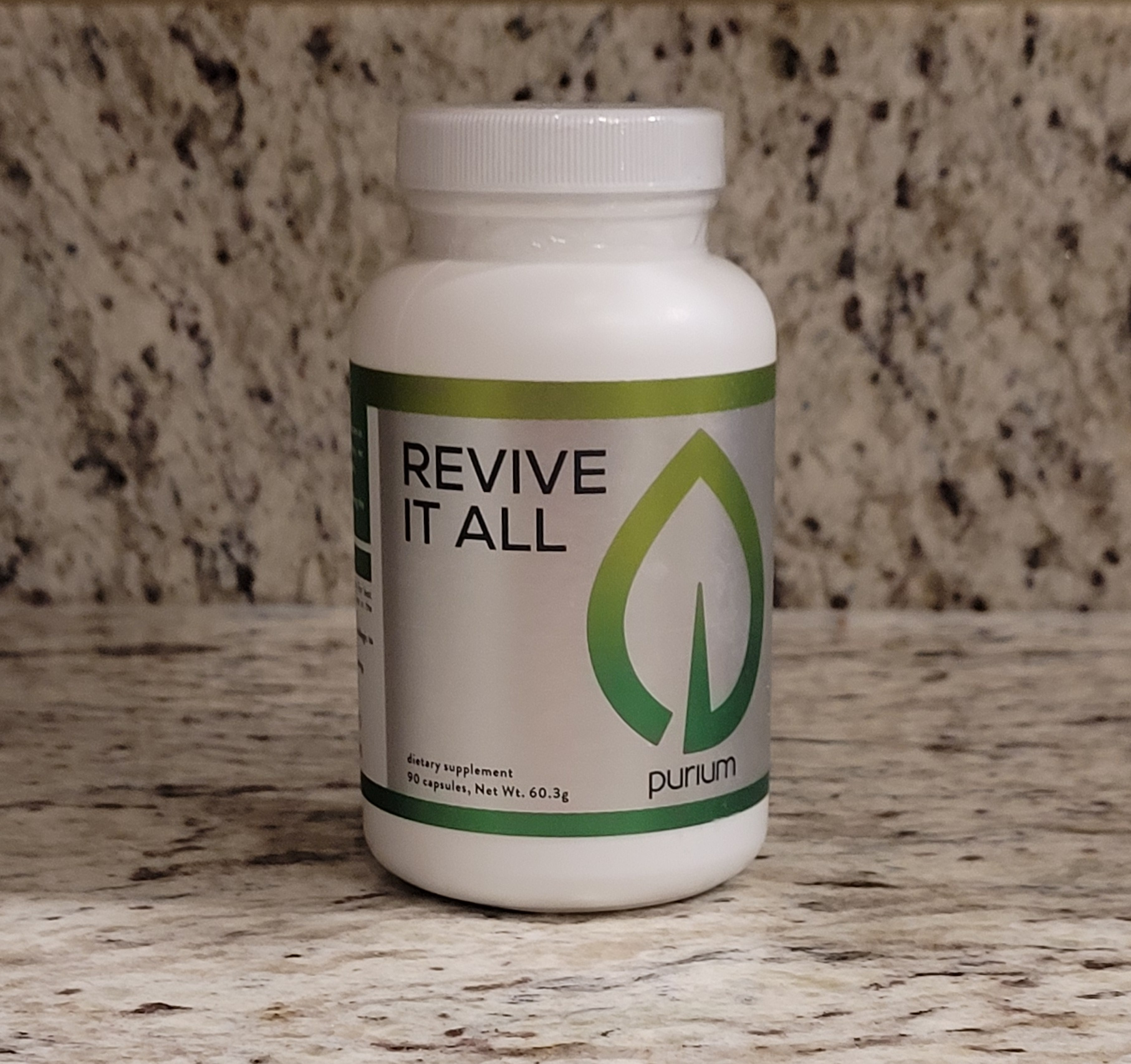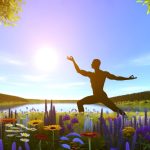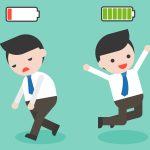The basal ganglia is the part of the brain that is found deep in the center. It is responsible for the brain messengers that help with movement control, learning, behavior, emotions, and executive functions like planning, focusing, remembering instructions, and multitasking.
A stroke is when the blood supply to the brain is cut off or a blood vessel in the brain bursts releasing blood into the brain tissue.
A basal ganglia stroke is when this blood supply is cut off, or a blood vessel bursting occurs within the basal ganglia. This is a rare type of stroke that can have long term effects on a person.
Symptoms
There are symptoms that are more generic for any type of stroke and then symptoms that are more specific to a basal ganglia stroke. Symptoms of any stroke are a sudden and intense headache, numbness on one side of the face or body, lack of coordination, difficulty speaking, difficulty understanding words, or difficulty seeing.
In a basal ganglia stroke other symptoms may be rigid or weak muscles that limit movement. Movement may also be reduced or slow. Loss of symmetry in your smile. Difficulty swallowing. Other symptoms are tremors, emotional blunting, memory problems, lack of initiative, loss of awareness on one side of the body, or delayed actions.
Treatment
Treatment for a stroke is possible if caught early enough. Clot busting drugs can be used to break up a clot and restore blood flow to the brain. A procedure to repair a broken blood vessel can be performed. If an aneurysm is bleeding, it can be clipped or cauterized to stop the chance of bursting or to stop the blood flow.
How well you move from the treatment to the recovery stage depends on how quickly you received treatment. How targeted the treatment was. What part of the brain was affected and the extent of the damage before treatment was done.
Risk Factors
You will also want to make sure you are lowering your blood pressure. High blood pressure can be a risk factor of a stroke.
Other risk factors are smoking, diabetes, having a family history, having a brain aneurysm, high alcohol intake, or being obese.
White American Ginseng, also known as Panax quinquefolius, is a powerful adaptogen and non-toxic herb that naturally helps supports the body’s response to stress by encouraging stable energy boosts and bringing balance to the body.
*Can support healthy responses to physical and psychological stress
*May aid in the reduction of fatigue and increase energy levels
*May support memory retention
Outcomes
Basal ganglia strokes can leave long-term effects. It can cause emotional blunting, which is when things that are deemed positive are not as positive, and things that are negative don’t feel as negative. Causing your emotions to be blunted or dulled. This can cause depression in some patients after a basal ganglia stroke.
It can also cause changes in movement. Whether that is tremors, or weakness, trouble walking, or paralysis.
Pain can also be a long-term effect. Many stroke patients state they have terrible pain 2-3 months after the stroke occurred.
Changes in thinking can be affected, which can cause memory problems, trouble focusing, remembering directions, or planning. Loss of spontaneous speech can occur, causing slow speech response during conversations.
Recovery will take time. Recovery plans will depend on what long-term effects are showing after the stroke and what needs to be addressed. Daily physical therapy is recommended. Exercises that are specific for certain targeted muscles that were affected in the stroke will be encouraged. Doing these exercises daily will help provide the brain with enough stimulation to learn back certain functions, or control over the body.
Occupational therapy may be suggested to help learn how to do daily tasks again. Occupational therapy can be beneficial in regaining arm strength and arm coordination as well as providing tools to become more independent.
Strokes can cause speech problems. A speech therapist will be able to work with you in the recovery process to help restore speech. A speech therapist can diagnose different speech conditions, and know what exercises are best.
Gait training can also be essential in stroke recovery. Gait training can help strengthen legs, feet, and core. Gait training and physical therapy may go together.
Psychotherapy can also be essential in recovery to help with emotional blunting, and depression. It can be helpful in learning how to cope with the emotional changes that were caused by the stroke.
Takeaway
All strokes are different. How they affect people is different. This can mean that the severity and the long-term effects from person to person vary.
The good news is with hard work recovery can be achieved with a basal ganglia stroke. How quick recovery is can depend on how quickly you were treated for your stroke, and how effective the treatment was. Sometimes basal ganglia strokes can have lasting effects that can change the quality of life you were having. Sticking with recovery therapies can help with your quality of life and how much you are able to do independently. Repetitive stimulation is key to helping your brain rewire, even if rehabilitation is slow.
High blood pressure is a risk factor for a stroke! Prompt treatment improves outcomes! #HealthSurgeon
Read More: 11 Foods to Power Up Your Brain
Sources:
https://www.flintrehab.com/basal-ganglia-stroke/
https://www.medicalnewstoday.com/articles/313596#risk-factors
https://www.healthline.com/health/stroke/basal-ganglia-stroke#outlook
https://my.clevelandclinic.org/health/body/23962-basal-ganglia
Stop aging in its tracks with Purium’s Revive It All! Revive It All contains two very important ingredients that have been proven to help reverse memory loss and increase energy and vigor: Acetyl L-Carnitine and Alpha Lipoic Acid.









